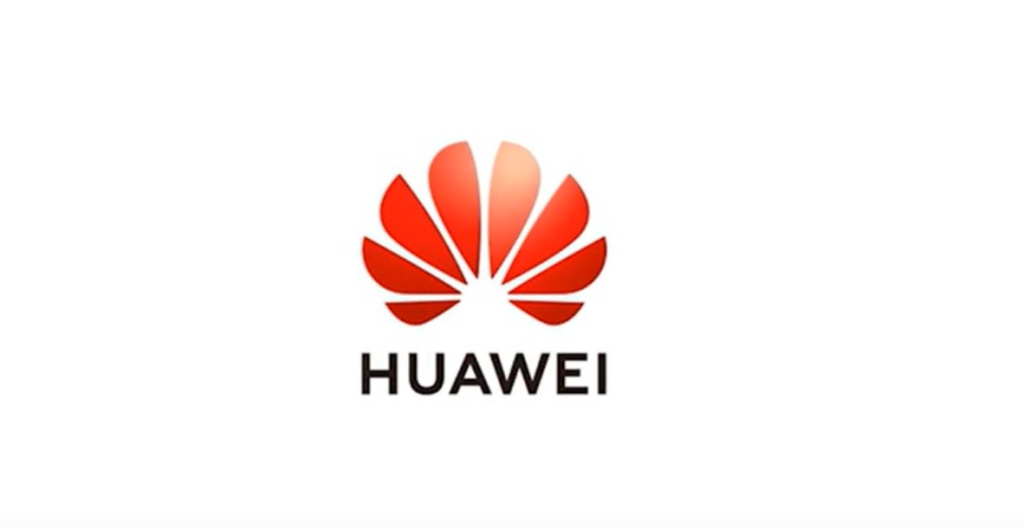Huawei is making big moves to prepare for a comeback. This time, it’s the introduction of HarmonyOS Next, their very own mobile operating system. In a bold pivot away from Android, Huawei aims to make a significant impact on the mobile tech landscape, challenging the dominance of Google’s Android and Apple’s iOS in China.
The developer version of HarmonyOS Next is the one that was actually released
The developer’s version of HarmonyOS Next was recently unveiled, signaling Huawei’s dedication to nurturing its platform. With a commercial launch slated for the fourth quarter of this year, this move marks a new chapter in Huawei’s story. What’s interesting here is the deliberate decision to stop supporting Android-based apps, a clear sign that Huawei is ready to forge its own path.

Huawei is not just focusing on the software; they’re building an entire ecosystem. They’re rallying support from over 200 industry partners, with ambitions to bring on 5,000 by the end of 2024. Big names like Meituan have already joined the fray, creating apps specifically for HarmonyOS. This initiative isn’t just about a new operating system; it’s about creating a whole new tech community.
The company is also investing heavily in this venture, dedicating 7 billion yuan to fuel innovation in everything from native apps to development tools. This investment isn’t just monetary; it’s a commitment to the future of tech, aiming to cultivate a new generation of developers through collaborations with over 300 educational institutions.
The journey hasn’t been easy for Huawei. Their inclusion on the US government’s Entity List, limiting access to US-origin technologies, has been a significant hurdle. However, this has only spurred them on to innovate and push boundaries.
Huawei’s ambitions are high, with projections suggesting HarmonyOS could overtake Apple’s iOS in China by 2024. This isn’t just a tech update; it’s a tech revolution. HarmonyOS Next isn’t just a new player in the smartphone OS game; it’s a statement of intent from Huawei, showing that they’re not just adapting to challenges – they’re setting out to redefine the rules of the game.
RELATED:
- Huawei P70 series may feature China-made OLED panels from BOE, CSOT, Visionox, Tianma
- Huawei WATCH GT 3/Pro Series Gets Smart with HarmonyOS 4 Update
- Get the Realme GT5 Pro phone on Giztop for $599
- Best VR / AR Headsets of 2023 – Gizmochina
(Via)







